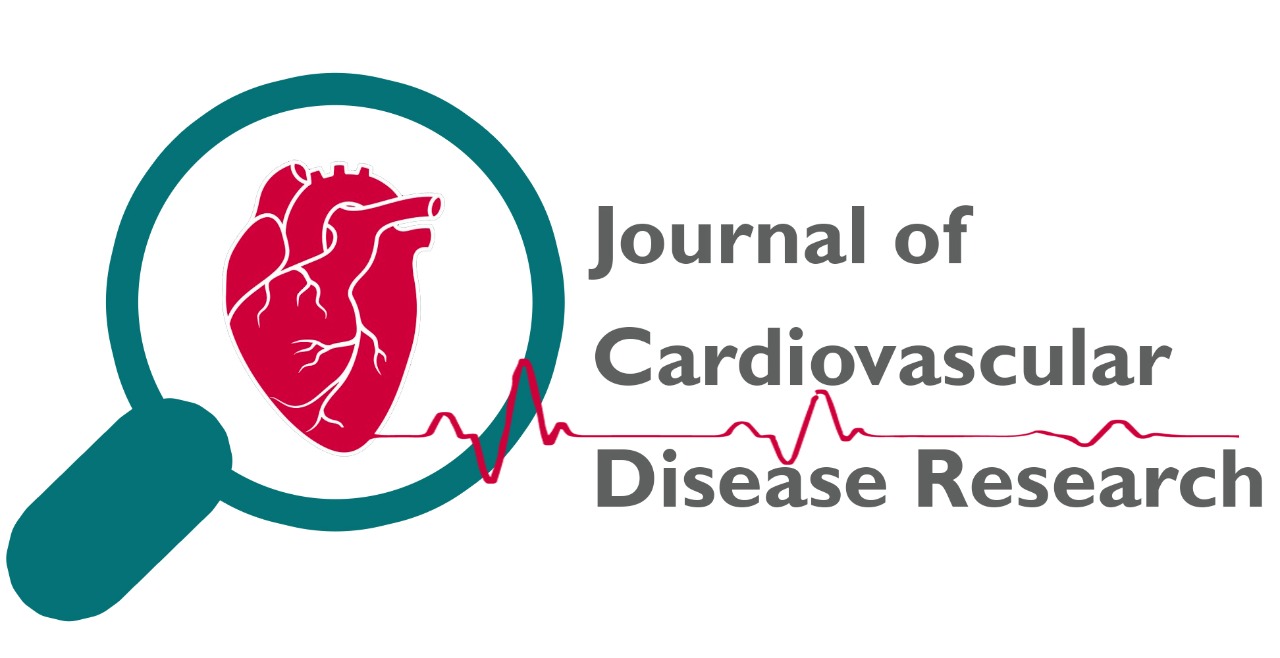
Assessment of serum LDH and GGT level in breast cancer patients
Dr. Bhavana Bais
JCDR. 2024: 1045-1049
Abstract
Background: Breast cancer is a type of cancer that originates in the cells of the breast tissue. The present study was conducted to assess serum LDH and Gamma GT in breast cancer patients. Materials & Methods: 80 female subjects were divided into 2 groups of 40 each. Group I was cases with breast cancer who were further divided into premenopausal and postmenopausal. Group II was control subjects. Biochemical investigations like serum Lactate dehydrogenase, Gamma Glutamyl Transpeptidase, Alkaline phosphatase, liver enzymes (SGOT, SGPT, & ALP), and total proteins were calculated. Results: The age group 20-45 years (premenopausal) had 18 patients in group I and 20 subjects in group II and >45 years had 22 post-menopausal patients in group I and 20 subjects in group II. The difference was non- significant (P> 0.05). Total protein (g/dl) in premenopausal, post-menopausal, and in group II subjects was 7.4, 8.6, 6.2 respectively. The mean albumin (g/dl) was 2.8, 3.0, and 2.4 respectively. The mean globulin (g/dl) levels were 4.6, 5.6, and 3.8 respectively. The mean LDH (U/L) level was 512.4, 536.4 and 290.4 respectively. The mean GGT (IU/L) level was 50.2, 84.6 and 24.6 respectively. The mean ALP (IU/L) was 122.5, 180.4, and 43.1 respectively. The mean SGOT (U/L) level was 62.1, 75.3 and 34.6. The mean SGPT (U/L) level was 68.5, 69.2, and 36.2 respectively. Conclusion: The level of LDH, GGT, and ALP was significantly higher in breast cancer patients and hence, can be used as routine screening tests in all suspected carcinoma breast patients.
Description
Breast cancer is a type of cancer that originates in the cells of the breast tissue. It can occur in both men and women, but it is far more common in women. Breast cancer can develop in different parts of the breast, including the ducts, lobules, and connective tissues. Early detection and advances in treatment have significantly improved the outcomes for individuals diagnosed with breast cancer.1 Women are at a higher risk, and the risk increases with age. A family history of breast cancer, as well as certain genetic mutations (e.g., BRCA1 and BRCA2), can increase the risk. Long-term use of hormone replacement therapy (HRT) mayincrease the risk. A previous history of breast cancer or certain non-cancerous breast diseases may elevate the risk
Volume & Issue
Volume 15 Issue 2
Keywords
Breast cancer, LDH, women
|
This is an open access journal which means that all content is freely available without charge to the user or his/her institution. Users are allowed to read, download, copy, distribute, print, search, or link to the full texts of the articles in this journal without asking prior permission from the publisher or the author. This is in accordance with the Budapest Open Access Initiative (BOAI) definition of open access.
The articles in Journal of Cardiovascular Disease Research are open access articles licensed under the terms of the Creative Commons Attribution Non-Commercial License (http://creativecommons.org/licenses/by-nc-sa/3.0/) which permits unrestricted, non-commercial use, distribution and reproduction in any medium, provided the work is properly cited. |
|
|
|
|
|
Copyright � 2022 Journal of Cardiovascular Disease Research All Rights Reserved. Subject to change without notice from or liability to Journal of Cardiovascular Disease Research.
For best results, please use Internet Explorer or Google Chrome POLICIES & JOURNAL LINKS
Author Login
Reviewer Login About Publisher Advertising Policy Author's Rights and Obligations Conflict of Interest Policy Copyright Information Digital Archiving & Preservation Policies Editorial Policies Peer Review Policy Editorial & Peer Review Process License Information Plagiarism Policy Privacy Policy Protection of Research Participants (Statement On Human And Animal Rights) Publication Ethics and Publication Malpractice Statement Corrections, Retractions & Expressions of Concern Self-Archiving Policies Statement of Informed Consent Terms of Use |
Contact InformationJournal of cardiovascular Disease Research,
|




